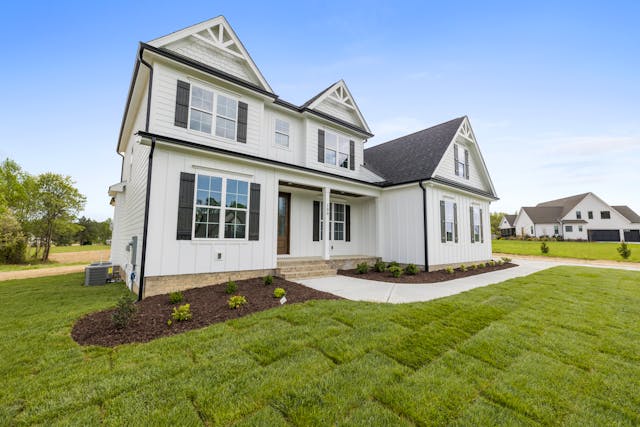Owning a home is both a dream and a responsibility. While the excitement of having your own space is unmatched, protecting it from damage, theft, or disasters should always be a priority. That’s where home insurance comes in. If you’re wondering what insurance is all about, this guide breaks down the basics and helps you understand why it’s a must-have for every homeowner.
What Is Home Insurance?
Home insurance is a type of property insurance that protects your home and its contents. It also provides liability coverage if someone is injured on your property. In short, it serves as a financial safety net for you and your family.
When an unexpected event—like a fire, storm, or break-in—occurs, your insurance policy can help you recover without wiping out your savings. Most policies are flexible and can be customized based on your needs and the risks in your area.
What Does Home Insurance Cover?
A standard home insurance policy typically covers:
-
Dwelling Protection – This covers the structure of your home. If a tree falls and damages your roof, for instance, your policy can help cover the repair costs.
-
Personal Belongings – Items like electronics, clothing, furniture, and appliances are protected in case of theft or damage.
-
Liability Coverage – If someone slips and gets injured on your property, your insurance can help cover legal fees and medical bills.
-
Loss of Use – If your home becomes uninhabitable, insurance may pay for temporary housing and other living expenses.

What’s Not Covered?
While insurance offers broad protection, not everything is included in a basic policy. Common exclusions are:
-
Floods
-
Earthquakes
-
Sewer backups
-
Pest infestations
-
Normal wear and tear
To cover these risks, you may need to purchase additional policies or endorsements. For instance, homeowners in flood-prone areas should consider getting separate flood insurance.
Why Insurance Is a Must-Have
Some people view insurance as an optional expense, but the truth is, it’s an essential part of financial planning. Here’s why:
-
Natural disasters are unpredictable.
-
The cost to rebuild or repair can be massive.
-
It protects your financial investment.
-
Most mortgage lenders require it.
Without insurance, a single incident could set you back years financially. Think of insurance not just as a policy, but as peace of mind.
Tips for Choosing the Right Policy
-
Understand Replacement Cost vs. Actual Cash Value – Replacement cost covers rebuilding at today’s prices, while actual cash value factors in depreciation.
-
Check the Deductible – A higher deductible may lower your premiums, but be sure you can afford it in case of a claim.
-
Look for Discounts – Installing security systems, bundling policies, or having a claims-free history can earn you savings.
-
Review Annually – Update your policy as your home’s value and contents change.
Final Thoughts
Home insurance isn’t just a legal requirement for many—it’s a crucial safety net. With the right policy in place, you’re prepared for life’s unexpected events. Take the time to evaluate your needs, shop around, and ask questions before settling on a provider. Remember, the best insurance isn’t always the cheapest—it’s the one that gives you the right coverage and peace of mind.
